Users Who Spiked
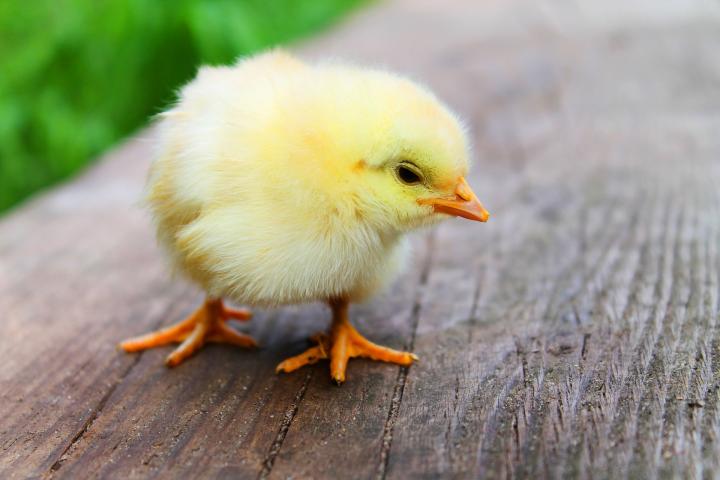
WHY I'M VEGETARIAN
Private Notes
Private Notes
Notes
I have been a vegetarian for six years. A vegetarian diet is one that excludes the flesh of the living animal but includes animal products like milk, eggs, and honey. Although I try to live a mostly plant based diet, I confess I eat these products occasionally. While meeting new people and talking with family members, my diet choice has come up in conversation and I thought it would be nice to share on this platform. The reason for becoming a vegetarian was out of an experiment and then through more research and compassion, I have continued this diet.
It wasn’t until I had graduated high school that I thought seriously about changing my diet. Occasionally I would crash diet, just as any insecure teen with body issues does. But then my family and friends would have enough of my hangery attitude and I would go back to eating normally. My family ate like a midwest meat and potato family does, and I didn’t think anything of it. I had the idea to experiment with not eating meat when I was getting sick in my front yard after running around my neighborhood.
Getting sick after a run was nothing new to me, even after doing moderate exercise. I talked with my doctor and he said that the food in my stomach may just have an easier way making its way back up while I am exercising than for most people.
My sophomore year of college, I decided to look into ways of helping me with this problem and I came across adopting a vegetarian diet. I majored in Nutrition and Dietetics in college, so looking up diets was nothing new for me. Turns out that according to Livestrong, "A steak dinner can take you two, maybe three days to get out of your intestines," said Dr. Mehmet Oz, a physician and health expert interviewed in a 2006 article in "O, the Oprah Magazine." "On the other hand, if you eat vegetables and fruits, they're out of your system in less than 12 hours." Apparently the amount of time it takes to digest your food has a lot with how your body performs on an athletic level. Which makes sense since you have to use calories to digest your food and also while you exercise, your body stops digesting and rushes most of your blood to your vital organs like your heart. After researching this, I decided to experiment and go a week without eating meat.
I have never been a huge meat eater to begin with so this wasn’t a difficult decision. The hardest part about cutting meat out of my diet was telling my family. I was worried about their opinions of my diet and I knew that it would include a furrowed brow from my dad and moms worried look. As my dad thinks that a meal isn’t complete without some type of meat and mom has always worried and will always worry that I will develop an eating disorder.
After a week of cutting out meat, I noticed that I felt so much better while working out. I didn’t have to worry about finding a bathroom at the gym or a trash can while running throughout my neighborhood. I was so relieved that I decided to adopt this change for a least a month.
Then I started looking into other benefits of being a vegetarian. Not only is a vegetarian diet better for your body but it is also better for the planet, and of course, it shows compassion to animals.
A healthy vegetarian diet consists of mainly fruits, grains, nuts, seeds, and occasionally milk and eggs. Removing animal fat from your diet lowers your risk of high cholesterol and lowers your chances of obesity, Type 2 Diabetes, and Stroke. Even though I have found this research and have told people about the positive impact of this lifestyle choice, they are still skeptical.
I have heard the comment, “our ancestors ate animals, so why shouldn’t I?” more than I can count and my response is always, “now we don’t have to because our ancestors also didn’t have accessible transportation and grocery stores”. Regardless of what our ancestors ate, the point is that we no longer have to hunt to survive. We have stores filled to the brim with healthy cruelty free options that are better for our bodies and the planet. “But where would I get my protein”, is also a common question. The fact is that most of us are not bodybuilders, shredding our muscles on the daily. Most of us only require about 46 to 56 grams of protein a day. According to Harvard Heath, “to determine your RDA for protein, you can multiply your weight in pounds by 0.36, or use this online protein calculator. For a 50-year-old woman who weighs 140 pounds woman and who is sedentary (doesn’t exercise), that translates into 53 grams of protein a day”.
Most people that I talk to have no idea that you can and do get protein from plants. There are complete proteins, which means that you don’t need to pair it with another to get the full benefits and there are incomplete proteins which means that you have to pair it with another. An example of a complete protein would be edamame (soybean) and examples of incomplete proteins would be peanut butter and whole wheat bread. Together, a peanut butter sandwich is a complete protein and will provide 15g according to SELFNutritionData. The trick is, knowing which foods have protein and making sure to incorporate them into your diet.
Switching from a meat and potatoes diet to one consisting of mostly plant based foods has made me more conscious about what I eat, my impact on the environment, and has helped my athletic performance. I encourage you to research for yourself. Don;t be afraid to experiment. It might just change your life.
Comments
Please login to post comments on this story
-
Thanks for sharing! I've been considering going vegetarian for a while, though I must admit it would be very difficult for me to give up meat.
-
I have been a vegetarian for six years. A vegetarian diet is one that excludes the flesh of the living animal but includes animal products like milk, eggs, and honey. Although I try to live a mostly plant based diet, I confess I eat these products occasionally.
This me, except I'm a flexitarian. I eat a mostly plant-based diet, but I do eat animal products.-
That’s awesome! Mostly plant based is great! Thanks for all of your positive feeback!!
-
-
urns out that according to Livestrong, "A steak dinner can take you two, maybe three days to get out of your intestines,"
Definitely remember hearing of this in high school. Now my body really can't take it with how small my stomach has become (even though they say scientifically your stomach can't shrink, at least some do). But with my gastritis, I can only eat oh but so much and red meats are too heavy for my stomach. -
On the other hand, if you eat vegetables and fruits, they're out of your system in less than 12 hours." Apparently the amount of time it takes to digest your food has a lot with how your body performs on an athletic level. Which makes sense since you have to use calories to digest your food and also while you exercise, your body stops digesting and rushes most of your blood to your vital organs like your heart. After researching this, I decided to experiment and go a week without eating meat.
This was great to know. I know vegetables digested very quick, but never knew how long it actually takes. Also didn't know that the amount of time it takes to digest your food depends on how your body performs on an athletic level. Well I did to some extent, but not specifically. -
Most of us only require about 46 to 56 grams of protein a day. According to Harvard Heath, “to determine your RDA for protein, you can multiply your weight in pounds by 0.36, or use this online protein calculator. For a 50-year-old woman who weighs 140 pounds woman and who is sedentary (doesn’t exercise), that translates into 53 grams of protein a day”.
This was so helpful. I looked at the Harvard Heath calculator and found of my specific macro-nutrients. This was a very helpful and intriguing article. I'm glad you found a eating regiment and lifestyle that fits you. -
This is so insightful! I didn't know how long it took for the body to digest meat. The last couple years I've been trying to eat healthier and am way more conscious of what I eat. It tempts me to become a vegetarian but I do enjoy meat a lot. I'm interested in eating healthy though, so it's hard. Also my girlfriend is a vegetarian. So many reasons to do it, lol. Maybe someday I'll try or at least cut back on how much meat I eat. Thanks for sharing Adrienne!
-
I can't do gluten. It makes my hands swell and I get brain fog and fatigue. Once I cut it out, I started feeling a lot better. Glad you found something you could change in your diet that helped you feel better too. Great article!
-
I eat meat on occasion and I also eat meat substitutes. I like having a variety in my diet, and my husband eats meat and I don't want to make that choice for my child. I loved your reasoning and how you put it all.


















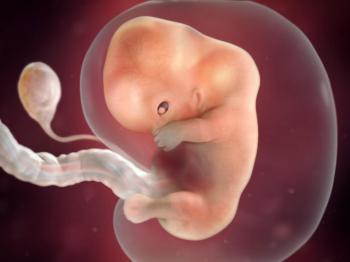


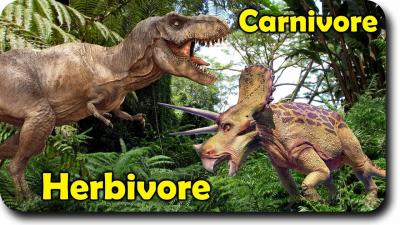


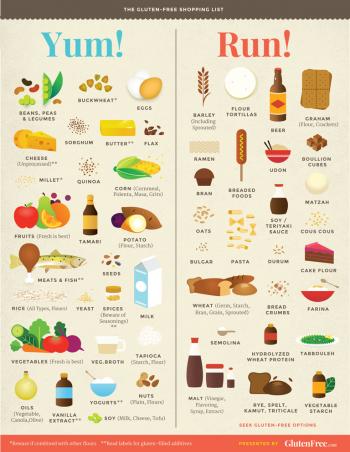
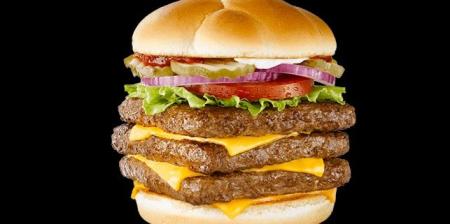
Hey! Thanks for all of your positive feedback! I just encourage you to try as many meat alternatives as possible. My husband eats meat because he loves the taste but I introduced him to black bean burgers, the impossible burger, bannana nice cream, ect. All things that he never would have tried because he thought meat was necesary in every meal. Let me know if you want to talk further in the subject! Thanks!